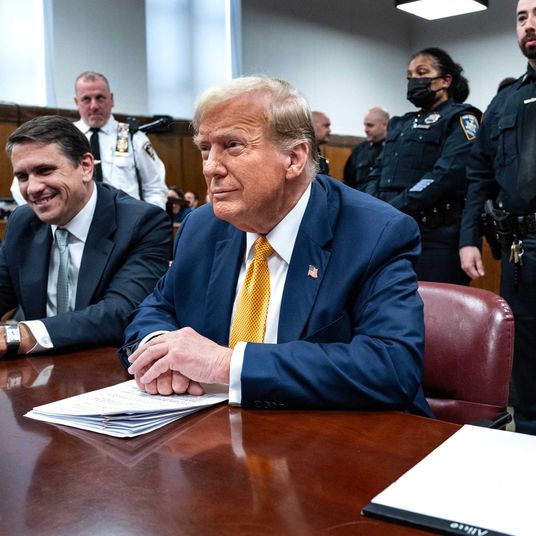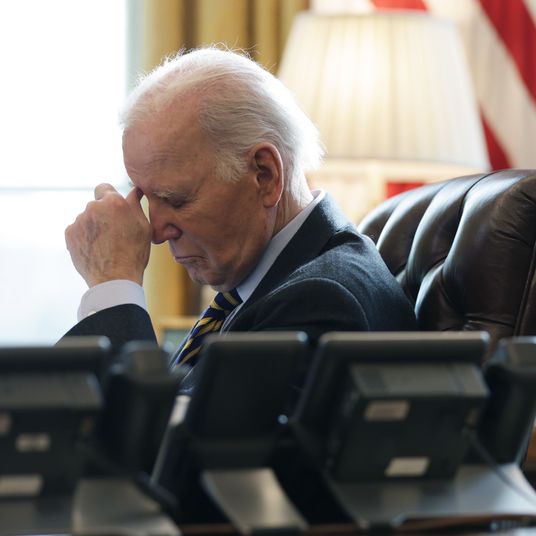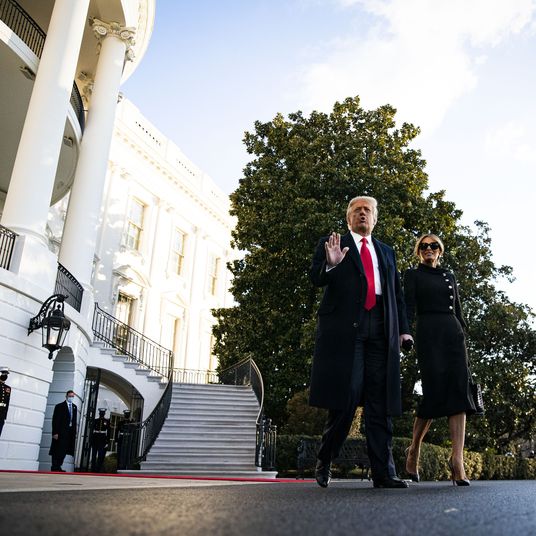
In the first action taken to implement Attorney General Merrick Garland’s recent promise to step up voting-rights enforcement, on Friday the Department of Justice announced it would file suit under the Voting Rights Act of 1965 to invalidate key features of Georgia’s notorious Election Integrity Act of 2021. DOJ’s suit will complement seven private lawsuits already filed to stop implementation of the law on grounds that it is intended to and will dilute minority voting power and discourage minority participation in elections.
“Our complaint alleges that recent changes to Georgia’s election laws were enacted with the purpose of denying or abridging the right of Black Georgians to vote on account of their race or color, in violation of Section Two of the Voting Rights Act,” said Garland on Friday.
Section Two was the principle element of the Voting Rights Act that the Supreme Court left in place in its 2013 decision Shelby County v. Holder. The ruling gutted Sections Four and Five of the Voting Rights Act, which required states and localities with a history of discrimination against minority voters to secure a “pre-clearance” from the Justice Department before implementing changes in voting and election procedures. Having lost its power to proactively stop state laws and policies that suppress voting, DOJ is now depending on its ability to initiate litigation after the fact, in conjunction with private parties who may also file suit under Section Two.
New Assistant Attorney General for Civil Rights Kristen Clarke will supervise the Georgia suit, which is likely to be the first of many challenging the wave of voter suppression laws being enacted in Republican-controlled states, particularly after Donald Trump’s efforts to overturn his 2020 defeat based on loud if empty voter fraud claims. Georgia’s new law is symbolic for multiple reasons. It was the first major voting and election overhaul enacted this year, and was transparently aimed by its Republican sponsors at halting or reversing the state’s recent pro-Democratic trend, including a close win by Biden and two U.S. Senate runoff wins. Georgia’s law also includes some especially dangerous features in terms of future election disputes, particularly a provision allowing the state election board to take control of county election boards on ill-defined and potentially partisan grounds.
The DOJ litigation blitz is clearly a response to the failure, so far, of Congress to enact new voting rights legislation. Senate Republicans halted consideration of the sweeping For the People Act last week, and appear determined to administer the same fate to the John Lewis Voting Rights Act, which would restore the original federal government powers eliminated by the Supreme Court. There is one shoe that may soon drop that could effect the administration’s plans: The current Supreme Court is expected to deliver a decision next week on an Arizona case (Brnovich v. DNC) that could lead to a restrictive reinterpretation of Article Two, making suits like the one just launched against Georgia difficult to design and win.
The person probably happiest about the DOJ lawsuit — so long as it’s still merely pending — is Georgia’s Republican governor, Brian Kemp, who is using the law and attacks on it to burnish his conservative credentials and head off an effort by Trump to purge him in a 2022 primary. But for voting rights advocates (including Kemp’s 2018 general-election opponent, Stacey Abrams, who many expect to challenge the veteran vote-suppressor again next year), Garland’s announcement represented the kind of crucial support from a Democratic administration that the Democratic Congress has yet to deliver.






























